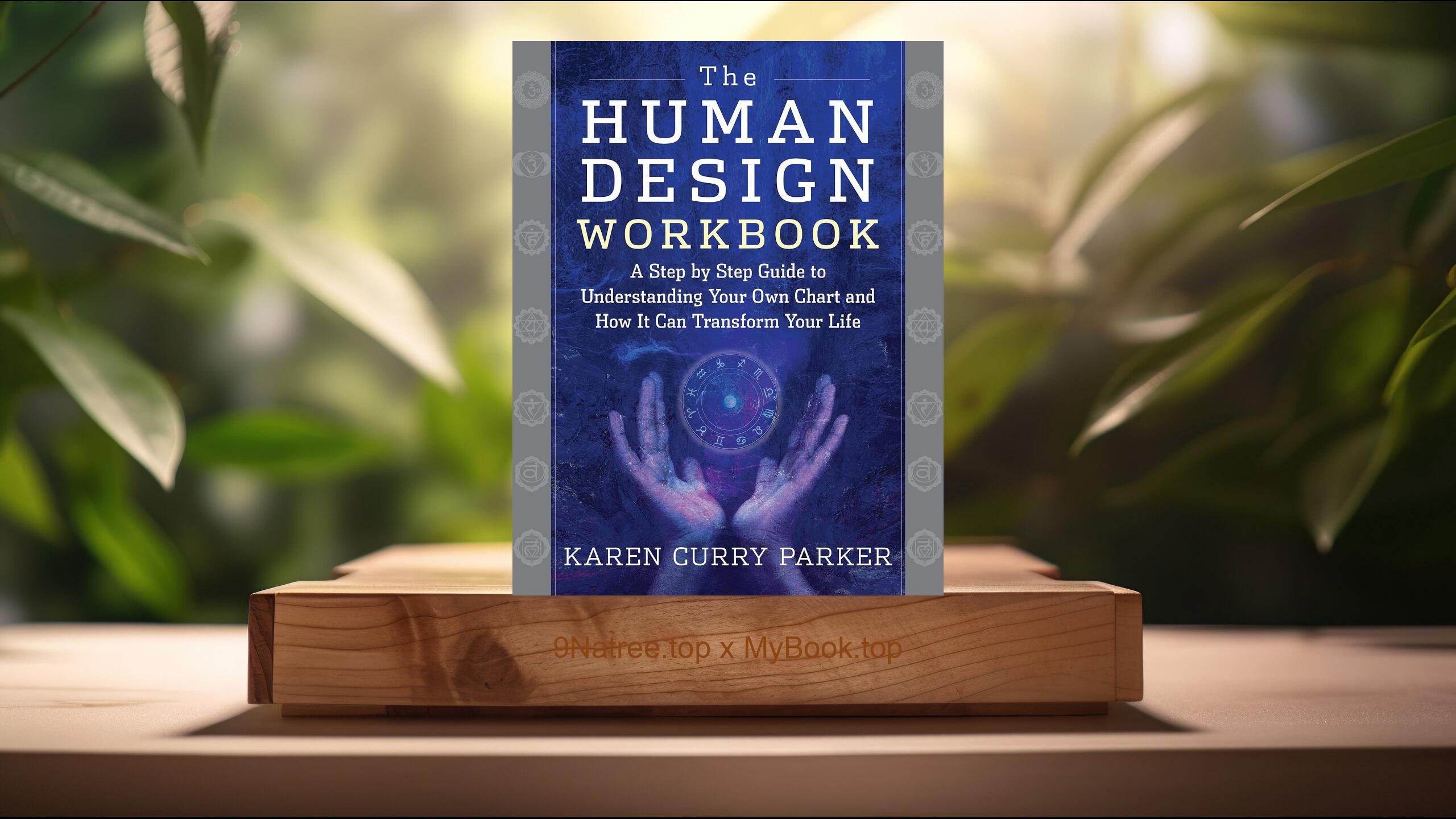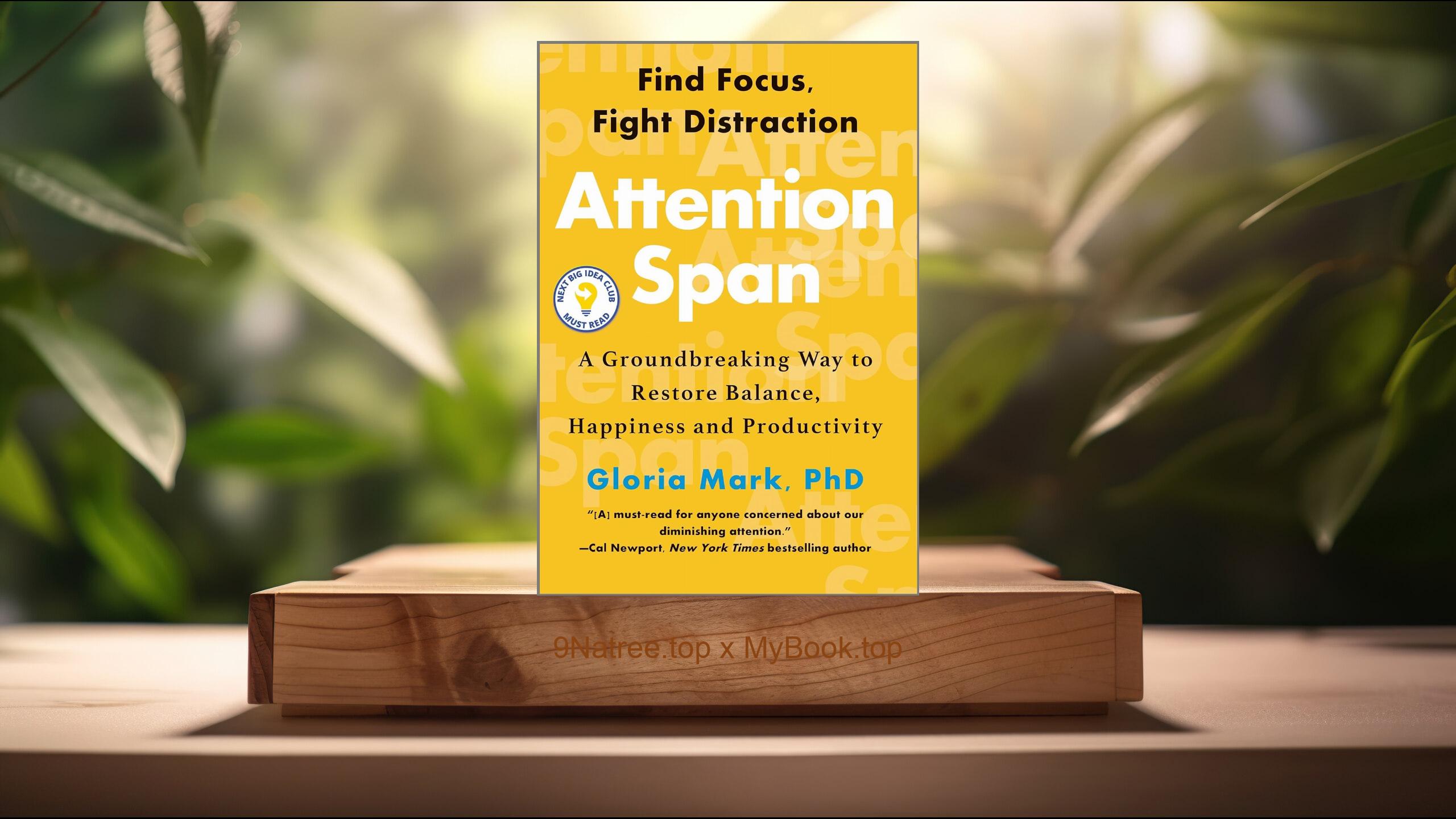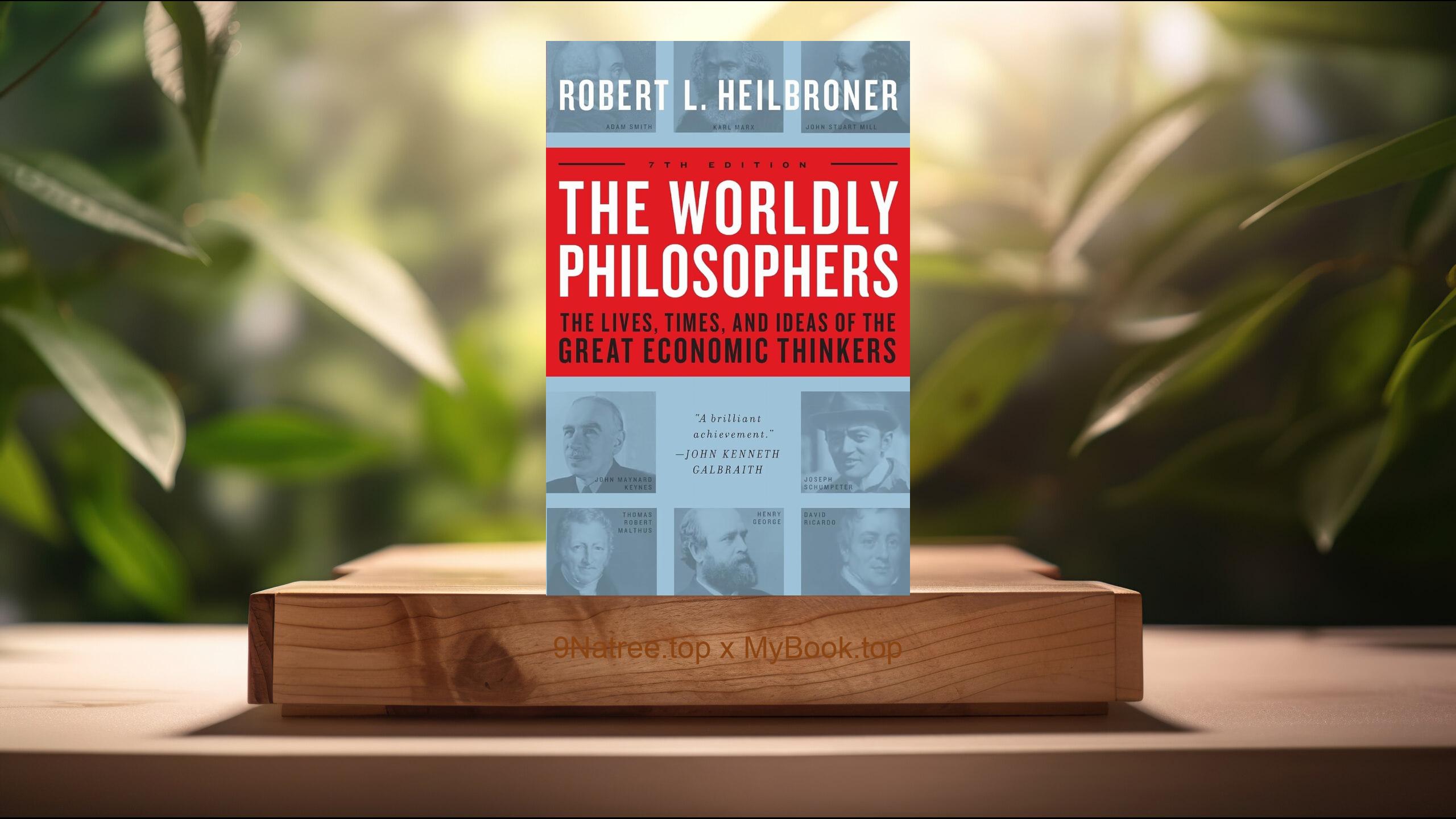Show Notes
- Amazon USA Store: https://www.amazon.com/dp/B07D2C5NNV?tag=9natree-20
- Amazon Worldwide Store: https://global.buys.trade/How-to-Think-Like-a-Roman-Emperor-Donald-J-Robertson.html
- Apple Books: https://books.apple.com/us/audiobook/how-to-think-like-a-roman-emperor/id1458036037?itsct=books_box_link&itscg=30200&ls=1&at=1001l3bAw&ct=9natree
- eBay: https://www.ebay.com/sch/i.html?_nkw=How+to+Think+Like+a+Roman+Emperor+Donald+J+Robertson+&mkcid=1&mkrid=711-53200-19255-0&siteid=0&campid=5339060787&customid=9natree&toolid=10001&mkevt=1
- Read more: https://mybook.top/read/B07D2C5NNV/
#Stoicism #MarcusAurelius #AncientPhilosophy #PersonalDevelopment #Resilience #HowtoThinkLikeaRomanEmperor
These are takeaways from this book.
Firstly, The Life of Marcus Aurelius, Marcus Aurelius, the Roman Emperor from 161 to 180 AD, is often remembered not just for his leadership but for his philosophical writings, which have inspired generations. His reign was marked by war and conflict, yet he remained committed to the philosophy of Stoicism, which influenced his decisions and personal writings. This section of the book paints a vivid picture of his life, from his rise to power to his philosophical introspections and struggles, providing a historical context to his teachings and showing how his life embodied Stoic principles.
Secondly, Understanding Stoicism, Stoicism, founded in Athens by Zeno of Citium, is a philosophy that teaches the development of self-control and fortitude as a means of overcoming destructive emotions. It emphasizes virtues such as wisdom, courage, justice, and temperance. This portion of the book offers a detailed exploration of Stoic philosophy, its origins, core principles, and how it sought to provide individuals with a framework for living a virtuous life. Robertson makes a compelling case for the relevance of Stoic philosophy in the contemporary world, particularly its potential to offer solace and guidance in times of turmoil.
Thirdly, Marcus Aurelius and Stoicism, This topic delves deep into how Marcus Aurelius applied Stoic principles to both his personal life and his role as emperor. It examines the ways in which Stoicism influenced his decision-making, his handling of challenges, and his relationships with others. Through anecdotes from 'Meditations' and historical accounts, Robertson illustrates how Aurelius embodied Stoic virtues in practice, showing his commitment to justice, self-discipline, and compassion. It highlights the timeless nature of his insights and how they can be applied to personal growth and ethical leadership.
Fourthly, Practical Applications of Stoicism Today, Stoicism is not just a philosophy of ancient Greece and Rome; its principles are still highly applicable in today’s fast-paced and often stressful world. This section provides readers with practical strategies for incorporating Stoic practices into their daily lives. From developing greater self-awareness to managing negative emotions and fostering resilience, Robertson presents Stoicism as a tool for personal development, mental health, and finding a deeper sense of fulfillment. The emphasis is on actionable takeaways that can help individuals lead more balanced and meaningful lives.
Lastly, The Global Impact of Marcus Aurelius, The final topic explores the widespread influence of Marcus Aurelius’ thoughts and Stoicism on culture, leadership, and philosophy across centuries. Robertson discusses how Aurelius’ legacy transcends time, influencing a wide range of fields including psychology, politics, and literature. The enduring popularity of 'Meditations' is a testament to the universal appeal of his insights on human nature, ethical living, and the pursuit of wisdom. This section underscores the global and timeless relevance of Marcus Aurelius and Stoicism, advocating for its continued study and application in the modern era.
![[Review] How to Think Like a Roman Emperor (Donald J. Robertson) Summarized](https://episodes.castos.com/660078c6833215-59505987/images/2108313/c1a-085k3-rk3knnx3a2rq-uuvyiz.jpg)




